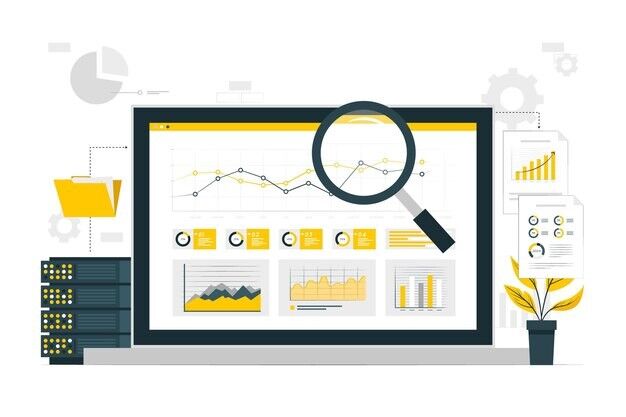Citation Indexes: A Comprehensive Overview


Citation indexes are comprehensive databases that track and organize citations within scholarly publications. They provide researchers with a centralized platform to explore citation relationships, identify influential articles, and track the impact of specific research works. These databases build a network of linked articles by indexing citations, making it easier to find related studies and examine citation trends.

Citation indexes employ a systematic process to collect and organize citations from scholarly publications. Here is a simplified outline of the typical workflow involved:
Citation indexes gather data from diverse sources, including established journals, conference proceedings, and other scholarly publications. This data collection process ensures a broad coverage of research articles across various disciplines.

Once the data is collected, citation indexes index the articles and establish links between citing and cited works. This linking process builds a network of interconnected articles, forming the basis for citation analysis.

Researchers can access the citation indexes through user-friendly interfaces. They can search using keywords, author names, article titles, or specific citation details. The indexes retrieve relevant results based on the search criteria, providing researchers access to a wealth of citation information.

Citation indexes offer several key features that enhance the research process and provide valuable insights. Here are some of the notable features:
Researchers can quickly determine the impact and visibility of a particular article by examining the number of times it has been cited. Citation counts provide a numerical representation of a research work's influence within the academic community.

Citation indexes enable researchers to explore citation networks, identifying articles that have cited a specific work and those that have been cited by it. This function aids in the discovery of related studies, the tracking of research trends, and the development of a more profound comprehension of the academic discourse.

Many citation indexes provide author profiles that consolidate an author's publications, citation metrics, and h-index (a measure of an author's productivity and impact). Author profiles offer a comprehensive overview of an individual's research output and influence within their field.

Citation indexes are of paramount importance in academic research for several reasons:
Citation indexes facilitate the literature review process by enabling researchers to identify similar works, key authors, and influential articles within a specific field. By examining citation patterns, researchers can map the intellectual lineage of a research topic and gain a comprehensive understanding of the existing literature.

Citation indexes play a crucial role in research evaluation. They provide objective metrics, such as citation counts and h-index, that assist in assessing the impact and significance of individual researchers, research groups, or institutions. These metrics inform funding decisions, promotions, and tenure evaluations.

Citation indexes help researchers stay up-to-date with the latest advancements in their field. By exploring citation networks and tracking the citations of relevant articles, researchers can discover new research, follow emerging trends, and identify potential collaborators.

Citation indexes provide a standardized measure of research impact. They allow researchers to compare the influence of different articles, journals, or researchers within a specific discipline. This information aids in identifying high-impact publications and gauging the significance of research contributions.

By analyzing citation patterns, researchers can identify potential collaborators who have worked on similar topics or have been cited together. This feature fosters interdisciplinary collaborations and facilitates knowledge exchange across disciplines.

SITA Academy is a trusted provider of citation booster services. With their expertise in academic research and citation analysis, they help researchers enhance the visibility and impact of their work. SITA Academy offers tailored solutions to improve citation counts and maximize the reach of scholarly articles.
If you have any questions, inquiries, or would like to learn more about our services, please don't hesitate to reach out to us. Our dedicated team is ready to assist you.